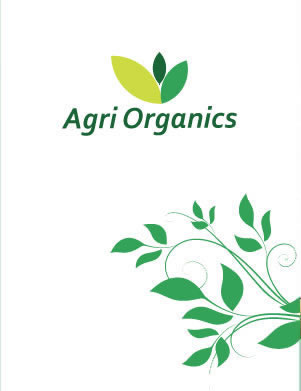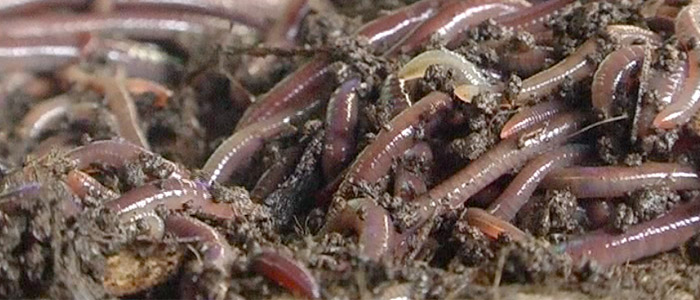 |
 |
|
|
||
|
||||||||||||||||||||||||||||||||||||||||||||
|
||||||||||||||||||||||||||||||||||||||||||||
|
If you treat your soil well, it will treat your plants well. Soil and water are the most critical factors for the quality and quantity of crops. Maintenance of soil fertility for optimum productivity is both a challenge and a responsibility. The soil is a living system – with particles that make up the soil, and millions of different creatures. These creatures are very important for recycling nutrients. Feeding the soil with manure or compost feeds the whole eco-system of life in the soil, which then turns this material into food for plant growth. This also adds nutrients and organic matter to the soil. Organic matter such as vermicompost acts as a store-house for nutrients, increasing the exchange capacity of the soil, adding to its water holding capacity and stability, while protecting it from many soil-borne plant pathogens. Vermicompost, that uses earthworms to turn organic wastes into very high quality compost, is considered the best organic matter available in the world today. Earth worms, often called the gentle friends of the soil, offer a variety of advantages. Worm pipes offer plant roots new paths for growth. They aid speedy decomposition of organic matter, avoiding rotting and acidulation and conserve the fuel and energy farmers otherwise have to spend on maintaining good soil tilth and structure. This buffers the soil against rapid changes in acidity, alkalinity and salinity because the humic acid consumed by earthworms is neutralized by the lime released by the lime glands in the worms’ intestine, which assists in the preservation of the base acid balance. Also, earth worm faeces are significantly richer in nutrients than the raw compost and surrounding soil mainly because of the continuous conversion and break down of bound minerals. |
| We'd love to hear from you: | |